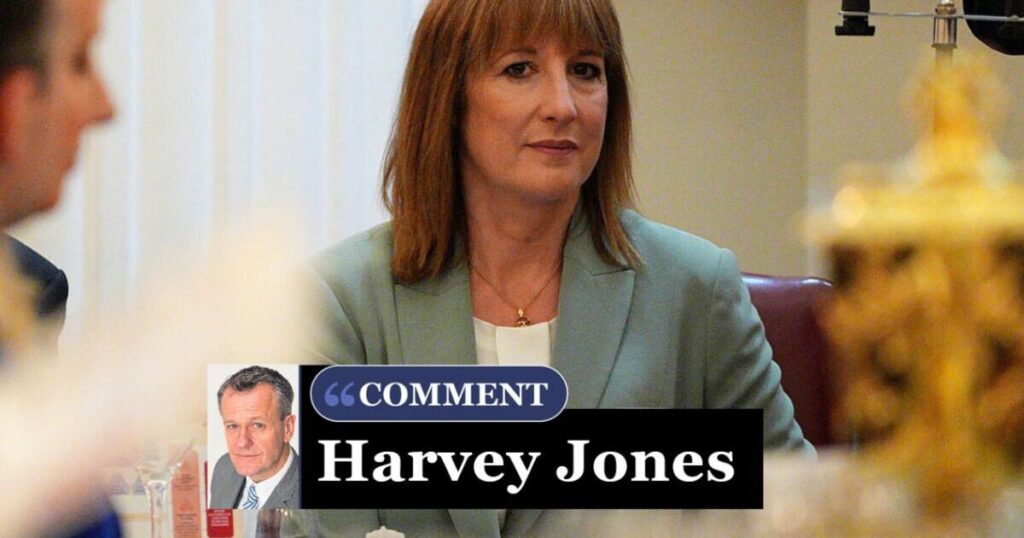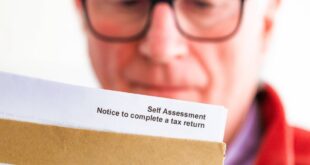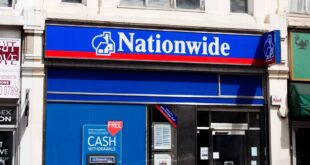
The FTSE 100 smashed through the 9,000 barrier for the first time yesterday, offering long-suffering British investors a rare moment of vindication after years in the global slow lane. For much of the past decade, Wall Street giants like Apple and Nvidia have hogged the limelight while UK shares were written off as old hat. That sentiment may finally be changing.
Dan Coatsworth, investment analyst at AJ Bell, said the index took eight years to climb from 7,000 to 8,000, but just two more to hit 9,000. “That suggests the market is shaking its unloved reputation,” he said. Breaking that barrier could persuade more investors to give UK shares a second look.
The FTSE’s recent strength comes despite a stuttering economy, which shrank in both April and May.
But FTSE 100 firms make most of their money overseas, and rising hopes of a UK-US trade deal and a modest recovery in China pushed it over the line.
Investors are gravitating towards reliable, cash-generative sectors like banking, energy and defence, where UK companies still shine, according to Darius McDermott at Chelsea Financial Services. Higher dividend yields help too, with the average stock paying income of 3.5% a year, well above the US yield of 1.25%.
At long last, the world seems to be waking up to the attractions of UK shares, which after such a rotten run are cheap as chips.
Whether that’s enough to offset the UK’s wider economic woes is another matter.
In last night’s Mansion House speech, Reeves said she wanted to “revive the UK’s risk appetite” and encourage savers to shift money from cash to shares. On that, I agree.
Her Treasury is reviewing overly cautious investment warnings, and planning a new campaign, echoing the old ‘Tell Sid’ adverts, to draw more retail money into UK firms.
The logic is sound. Investment platform IG’s research shows why. Someone who maxed out their Cash ISA allowance each year since 1999 would have just £23,199 in real, inflation-adjusted returns today.
The same contributions invested in FTSE 100 shares would have generated £157,591. That’s a difference of more than £134,000.
Over the long run, shares beat cash. The problem is that investors face plenty of volatility along the way, as we’ve seen this year.
Michael Healy of IG said only a true investing culture can build meaningful household wealth. On this point, Rachel Reeves is not wrong.
Thankfully, she seems to have backed away from plans to slash the Cash ISA allowance to £4,000. That’s the right move. Cash has a vital role to play, especially for investors who need reliable returns from safe capital. Choice matters.
But Reeves also wants to push our pension funds to allocate more money to UK stocks. She’s on dangerous ground here.
Ministers should focus on making UK shares attractive, not forcing trustees to buy them. A good start would be scrapping the 0.5% stamp duty on UK equity trades, a tax that doesn’t apply to foreign shares.
That would mean cutting taxes and defying the Labour left’s knee-jerk hostility to the City of London. Sadly, that’s not going to happen.
UK shares are back. But it’s despite Rachel Reeves, not because of her. Now let’s hope she doesn’t blow it.
 Latest World Breaking News Online News Portal
Latest World Breaking News Online News Portal






